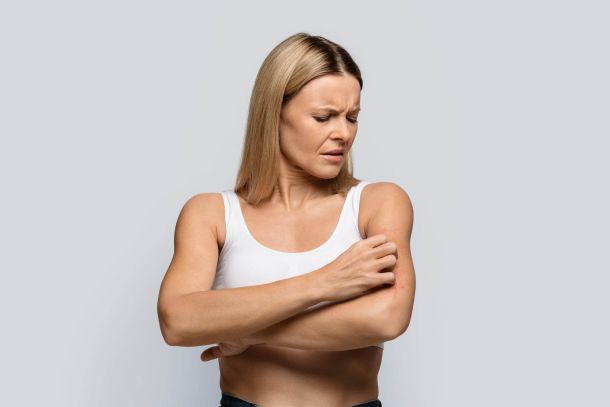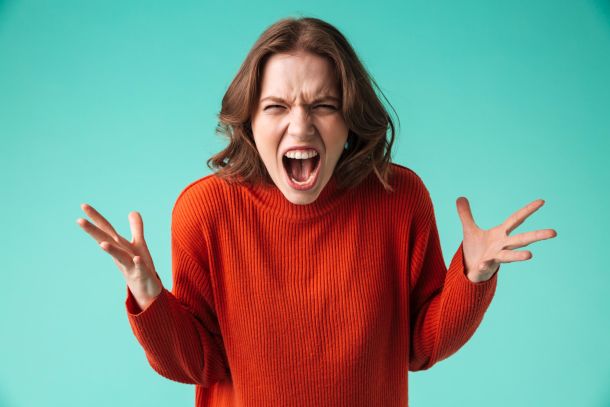Varicose eczema: symptoms, diagnosis and treatment
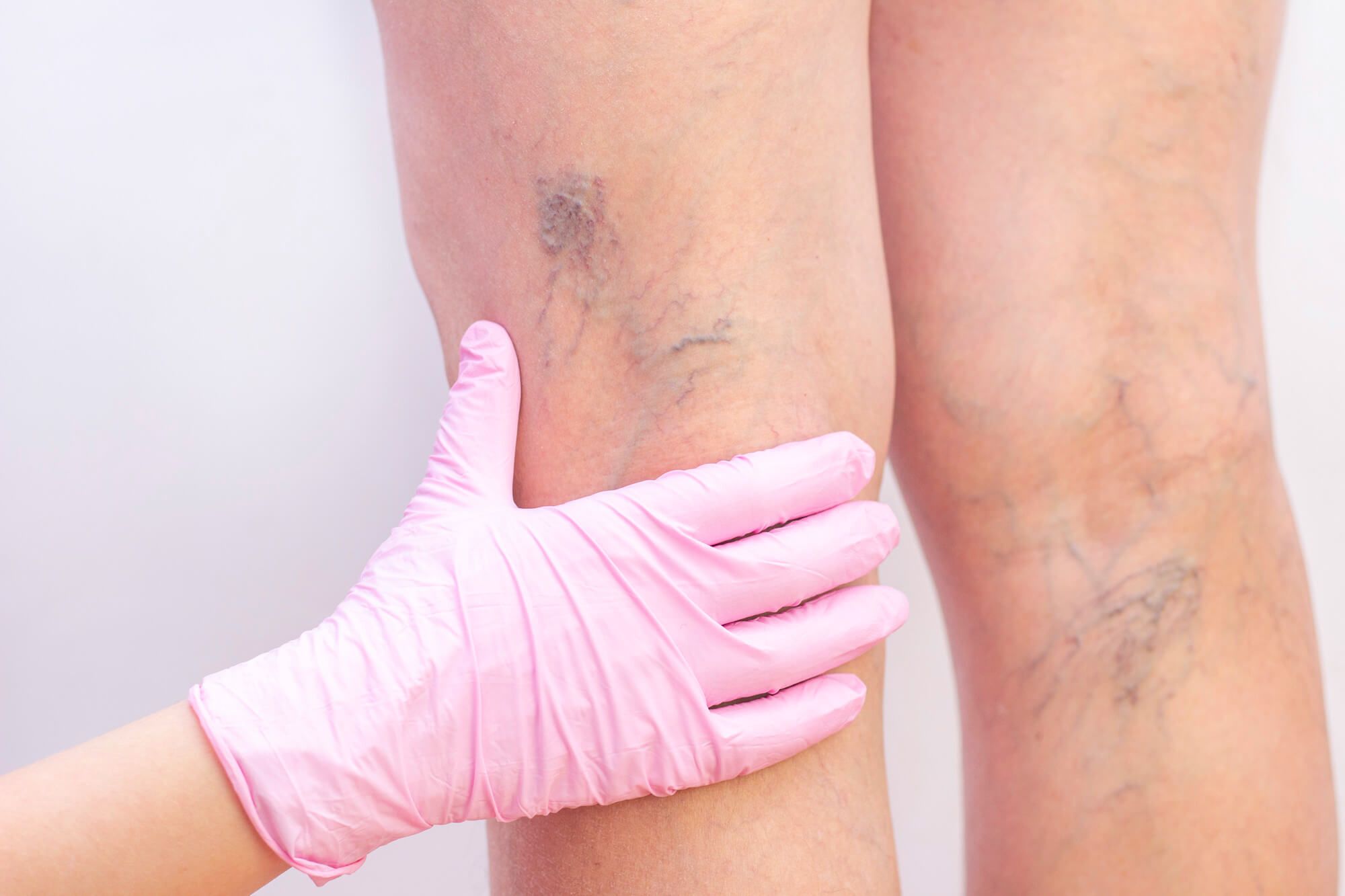

Viktor Levchenko
What is varicose eczema?
Varicose eczema, also known as venous eczema, is a skin condition often caused by varicose veins. It usually affects the lower extremities, especially the lower leg and foot area. It is a problem faced by many people, and understanding its nature is the first step to successful treatment.
Age, heredity, pregnancy, and prolonged time on the feet can contribute to the development of the disease.
Symptoms and signs
Symptoms of varicose vein eczema may include itching, redness, swelling, dark spots on the skin and inflammation. In more advanced stages, ulcers may occur.
Diagnosis of varicose eczema
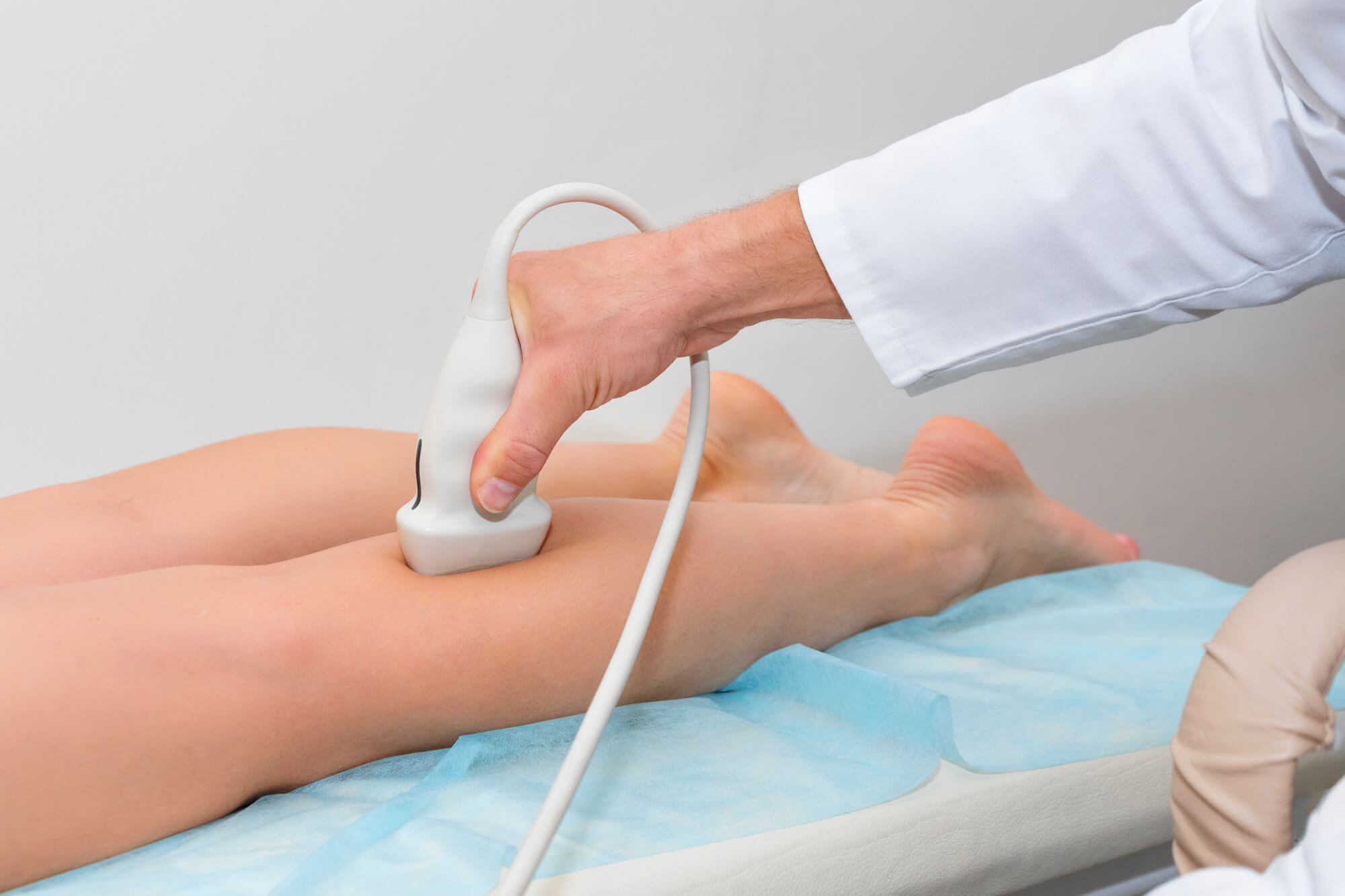
Diagnosis of varicose eczema is usually based on clinical examination and history. Additional investigations, such as an ultrasound of the veins of the lower extremities, can help determine the degree of venous insufficiency.
Treatment of varicose eczema
Effective treatment for varicose eczema may include a combination of conservative and surgical methods.
Conservative methods of treatment
It is worth trying conservative treatments first, which, although they do not eliminate the cause, greatly alleviate the symptoms.
Topical medications such as creams and ointments with glucocorticosteroids (such as Flucinar) are often used to reduce inflammation and itching. It is important, however, to consult your doctor before using such medications.
Compression underwear plays a key role in the treatment of varicose eczema, as it helps improve venous blood flow.
Prolonged standing on your feet and efforts that contribute to swelling should be avoided. It is also helpful to elevate the legs when lying or sitting.
Surgical treatment
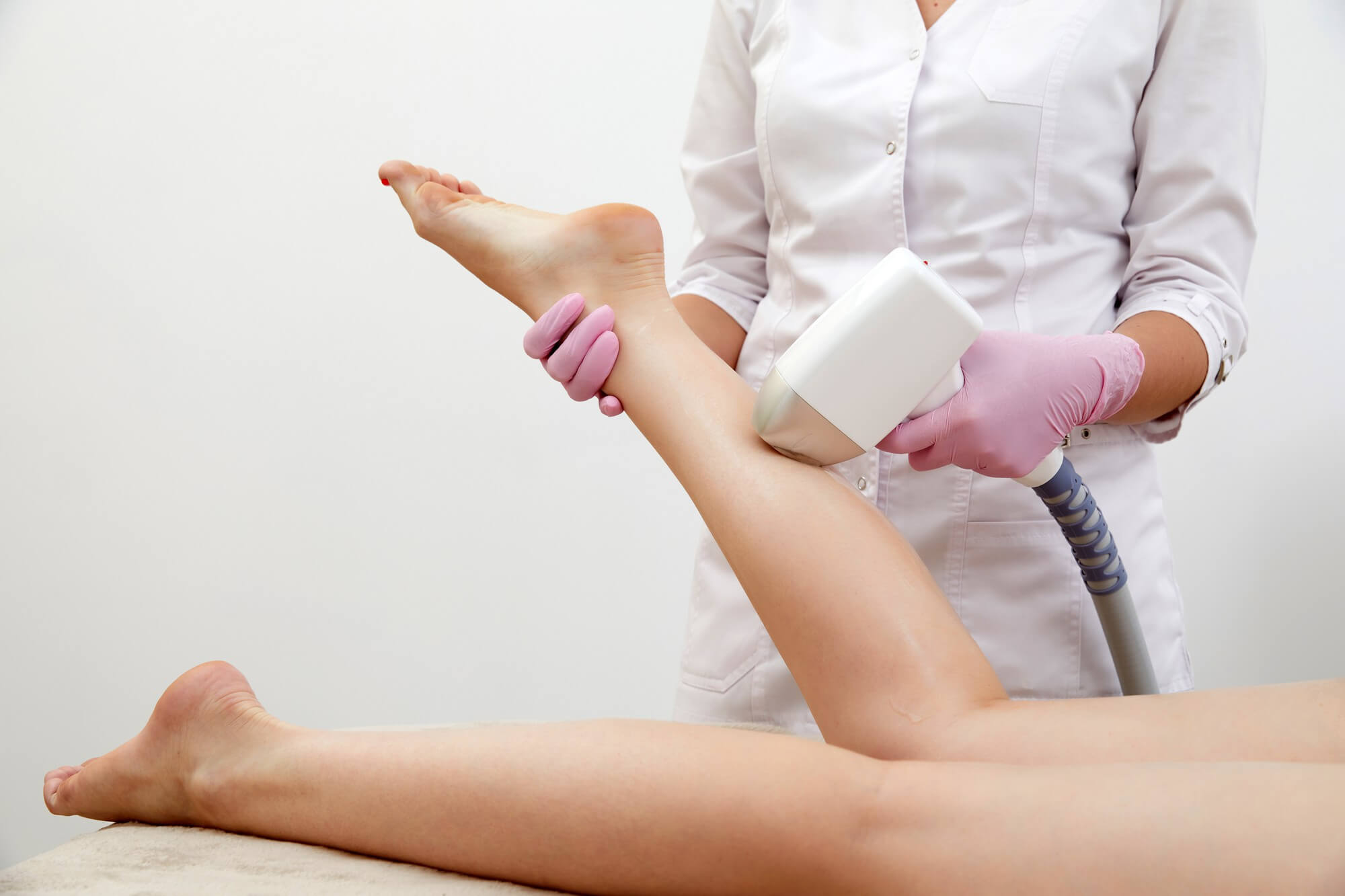
If conservative measures do not help, surgical treatments may be used.
Sclerotherapy is a treatment in which a special substance is injected into a vein to cause it to "stick together." This helps to improve blood flow through healthy veins.
Phlebectomy is the surgical removal of varicose veins. The procedure can be performed in a hospital or on an outpatient basis.
Laser therapy is a minimally invasive alternative to phlebectomy that uses a laser to close diseased veins.
How can I prevent varicose eczema?
Prevention includes regular use of compression underwear, a healthy lifestyle, exercise, and avoiding standing on your feet for long periods of time. If you have varicose veins, it is important to see a doctor and begin treatment as early as possible to prevent varicose eczema from developing.
Proper skin care plays an important role in the treatment of varicose eczema. It is important to keep the skin moist, avoid scratches and injuries, and use mild skin care products.
In conclusion, varicose eczema, although difficult to treat, with the right approach and timely treatment, can be successfully controlled. The key to successful treatment is to see a specialist at the first signs of the disease.
New materials
Popular Articles
We recommend reading
Contact us in the Contact Us section to ask questions, offer ideas, or for more information about our allergy resource.
Our articles are your trusted source of allergy knowledge. Learn how to make life with allergic reactions easier on our specialized portal.
©
Lechenie-Allergii.com. All rights reserved.
© Lechenie-Allergii.com. All rights reserved.
The information on this site is for informational purposes only and is not a substitute for professional medical advice. We recommend consulting with qualified medical professionals for accurate information and advice.
 English
English  Українська
Українська  Русский
Русский 








